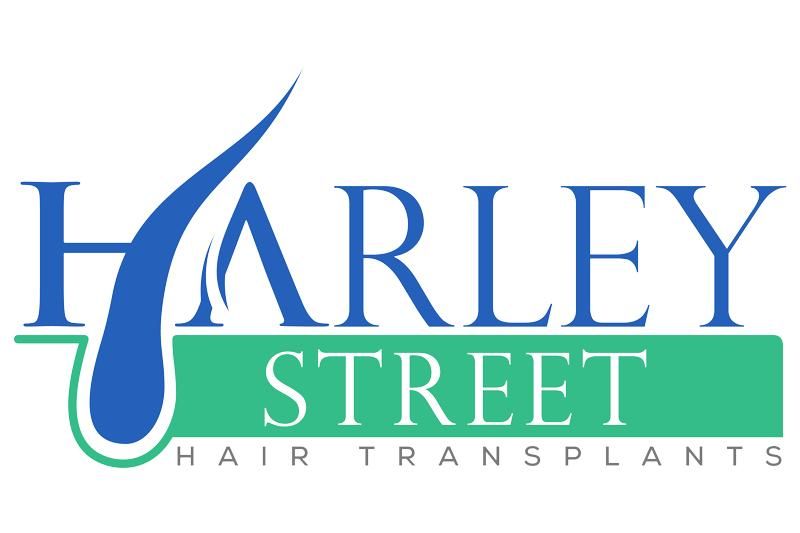Hair Transplant Aftercare Guide 2025: What to Expect & How to Heal Faster
Why Aftercare Matters
Your new grafts are most fragile in the first two weeks after a transplant. Proper aftercare ensures stronger growth, minimal shock loss, and natural-looking density. Modern FUE and DHI techniques reduce recovery time — but attention to detail makes all the difference.
Day-by-Day Recovery Timeline
Day 1–3: Healing Stage
- Sleep with your head elevated (45°).
- Avoid touching or scratching the transplant area.
- Spray saline every few hours to keep grafts hydrated.
- No alcohol, gym, or sweating.
- Expect mild redness or swelling.
Day 4–7: Gentle Cleaning
- Start gentle washing with clinic-approved shampoo.
- Use lukewarm water and pat dry only.
- Avoid sun exposure and tight headwear.
Week 2–4: Shedding Phase
- “Shock loss” is normal — new follicles are forming underneath.
- Continue mild shampoo routine.
- Avoid pools and saunas.
Month 2–3: Regrowth Begins
- Follicles start producing visible hair.
- Resume gym and daily routine.
- Optional: PRP Therapy can boost results.
Month 6–12: Final Results
- Hair thickens and matures naturally.
- Follow up with your surgeon for density assessment.
Top Mistakes to Avoid
- Scratching or rubbing grafts.
- Using harsh shampoo too early.
- Skipping clinic follow-ups.
- Sun exposure without protection.
- Smoking or drinking during recovery.
Recommended Products & Treatments
- Saline Spray: keeps grafts hydrated.
- Sulfate-Free Shampoo: gentle cleansing.
- Biotin + Vitamin D3 + Zinc: nutritional support.
- PRP Sessions: strengthen graft survival and growth.
Harley Street Hair Transplants Aftercare Program
- ✅ Personalised aftercare plan
- ✅ 24/7 nurse support line
- ✅ Complimentary 3-month PRP session (optional)
- ✅ Growth tracking at 3, 6 & 12 months
We care about every stage of your transformation — from surgery to full regrowth.
Even if you had surgery elsewhere, our specialists can guide your recovery.
Call 01513800009
or book online.
Frequently Asked Questions After a Hair Transplant
Expert answers from Harley Street Hair Transplants — updated for 2025
How long does it take to recover after a hair transplant? ▼
Most patients recover within 7–10 days. The small scabs fall off naturally and redness usually fades within two weeks. Avoid gym or swimming for about two weeks to protect your grafts.
When can I wash my hair after surgery? ▼
You can gently wash your hair on Day 4 using a sulfate-free shampoo and lukewarm water. Pat dry only — never rub or use strong water pressure.
Is it normal for transplanted hair to fall out? ▼
Yes — this is called “shock loss” and happens 2–3 weeks after surgery. Don’t worry, the follicles remain healthy beneath the skin and start producing new hair in 2–3 months.
When can I wear a hat again? ▼
You can wear a loose-fitting hat after about 7 days, but avoid tight caps or helmets until around 2–3 weeks post-surgery.
When can I go back to the gym? ▼
Light exercise can resume after 10–14 days. Avoid heavy lifting or sweating for the first week to protect your grafts.
Can I go in the sun after my transplant? ▼
Avoid direct sunlight for 3–4 weeks. UV rays can damage healing grafts. Use a soft hat or sunscreen spray recommended by your surgeon.
What is PRP therapy and do I need it? ▼
Platelet-Rich Plasma (PRP) therapy uses your own platelets to strengthen grafts and improve density. Many patients choose 2–3 sessions within 6 months for faster, thicker regrowth.
When will I see full results? ▼
You’ll start to see new growth around Month 3, with full results between 9–12 months. Hair continues to thicken naturally for up to 18 months.
What should I avoid after a hair transplant? ▼
Avoid scratching, smoking, alcohol, saunas, swimming pools, and direct sunlight during the first few weeks. These can all delay healing and reduce graft survival.
How do I know if something’s wrong? ▼
Contact your clinic right away if you notice excessive swelling, discharge, fever, or pain. Mild redness and itching are normal, but persistent irritation should be checked by your surgeon.
Have more questions? Our specialists are here 7 days a week to help with your recovery.
